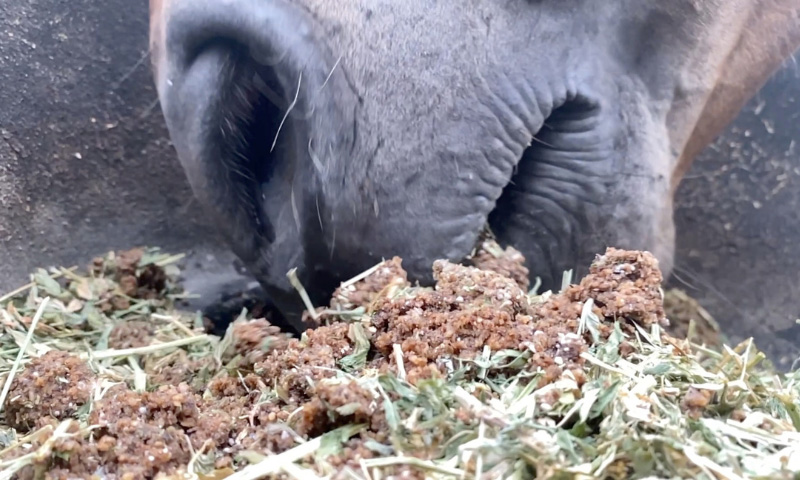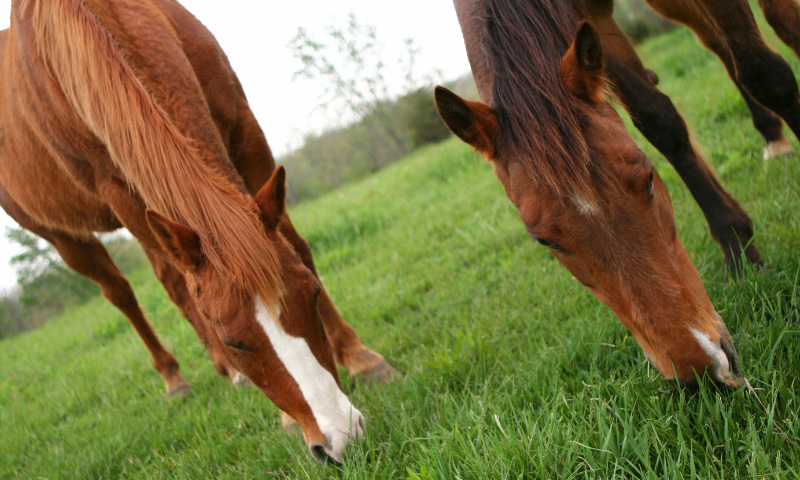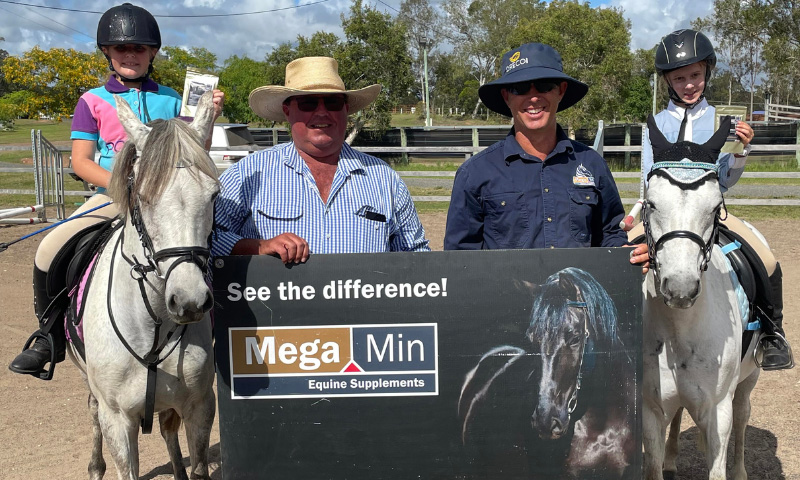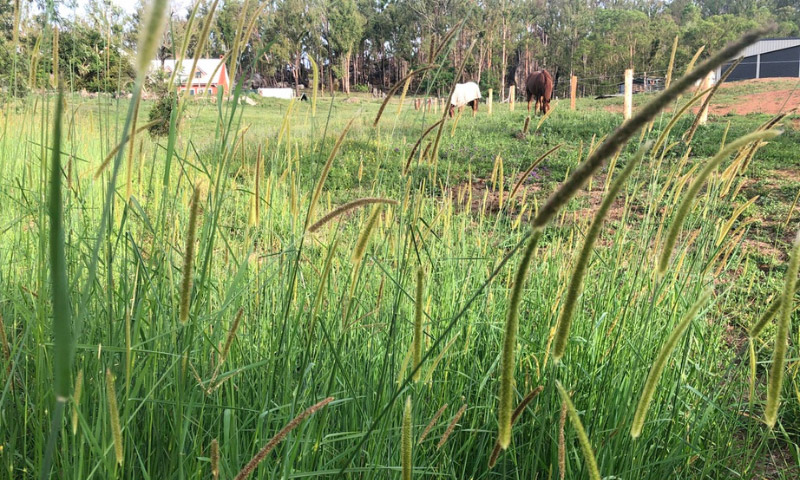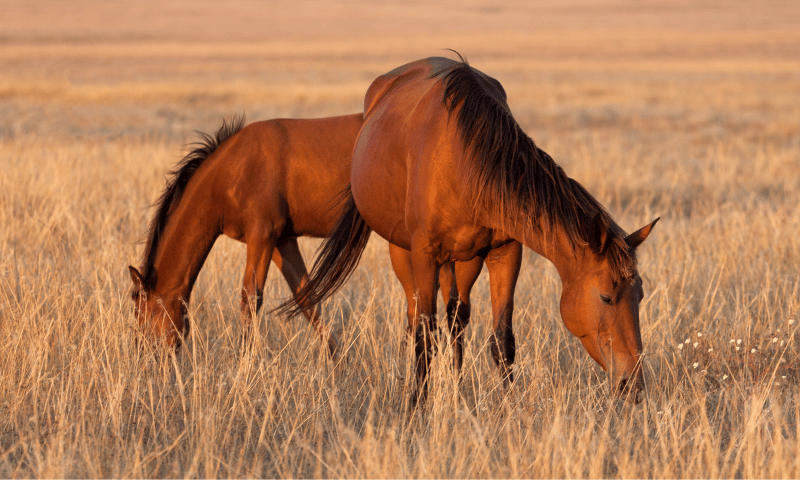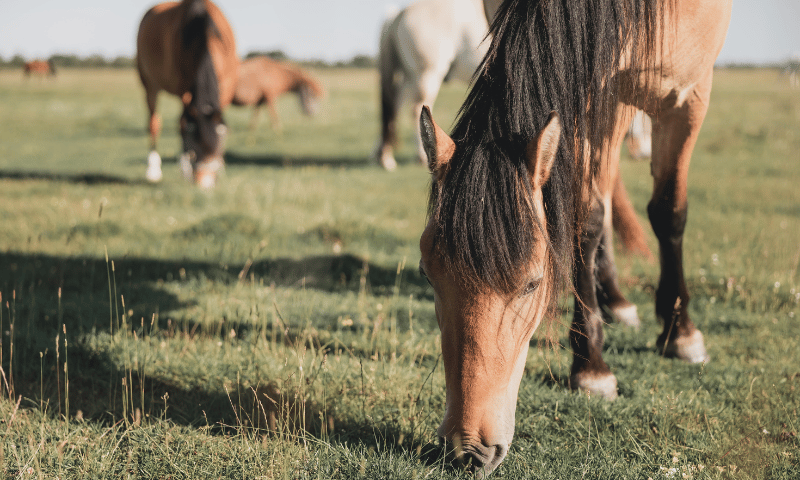When horses bolt down concentrate feeds they are not chewing as thoroughly as what they do hay or grass, and this decreases saliva production and if feed is not moistened thoroughly, they may be at……
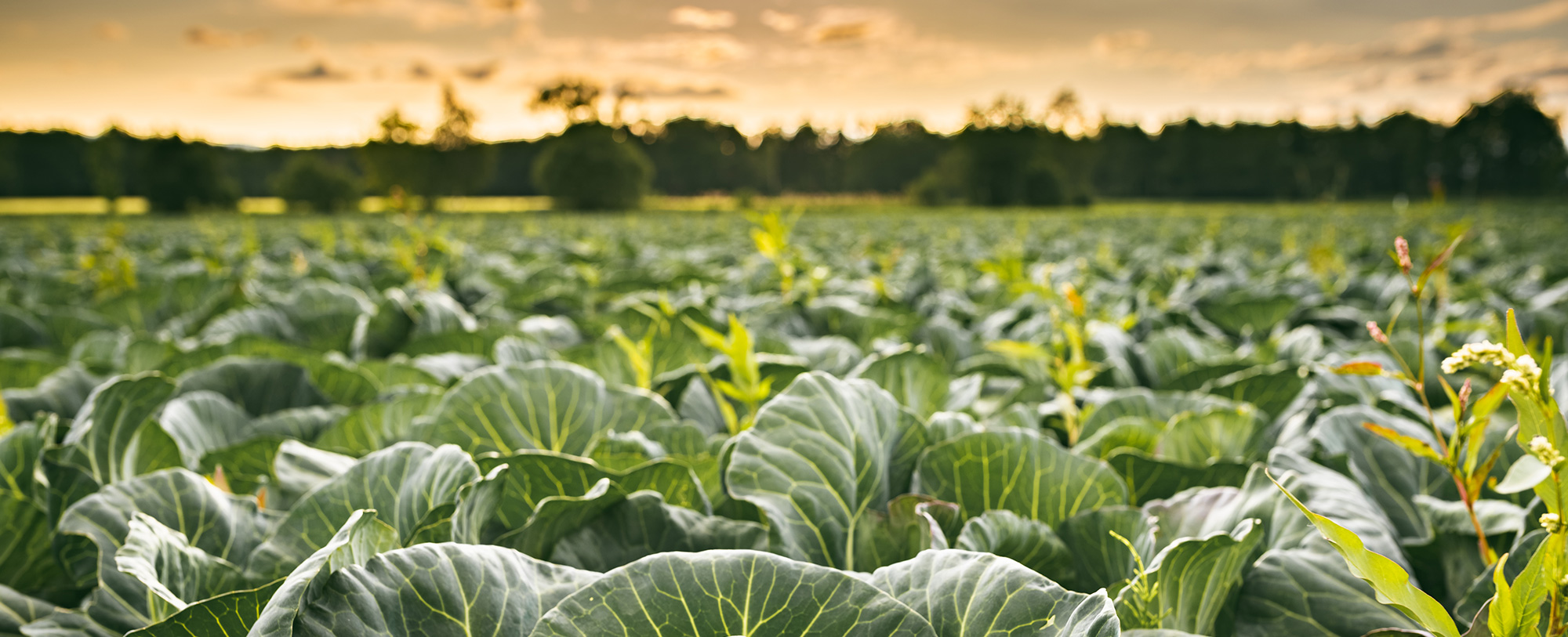
Equine Nutrition
Home / Equine Nutrition /The Importance of Magnesium For Horses
Magnesium (Mg) is an essential macro mineral closely associated with calcium and phosphorus and constitutes approximately 0.05 percent of the body mass. The skeleton stores sixty percent of body magnesium and about 30 percent can……
How AgSolutions Can Support Horse Owners
Forage-based diets are best for the overall health of horses as forage provides valuable nutrients such as energy, protein, fat, fibre, vitamins, and minerals. As well as this, grazing is important for gut fill and……
Why Grazing Setaria Can Be Harmful To Your Horse
Pastures that include setaria cultivars such as kazungula, narok, splenda, solander and nandi contain extremely high levels of a compound known as oxalate and are unsafe for horses to graze because without careful management and……
Pasture Management For Horses
Greater emphasis on pasture feeding of horses should be made in Australia, as it offers the advantage of considerable reduction in feeding costs in combination with a return to the natural grazing conditions to which……
How To Help Your Horse’s Coat To Shine.
Having a horse with a beautiful, sleek and shiny coat that reflects its health and vitality is what most horse owners strive for. If your horse’s coat is looking a bit dull, here are few……
Feed Horses As ‘Naturally’ As Possible
The horse’s monogastric (single stomach) digestive system evolved to eat high fibre forages in small amounts for long periods of the day. Take wild horses for example, they will graze for around 12 to 18……
